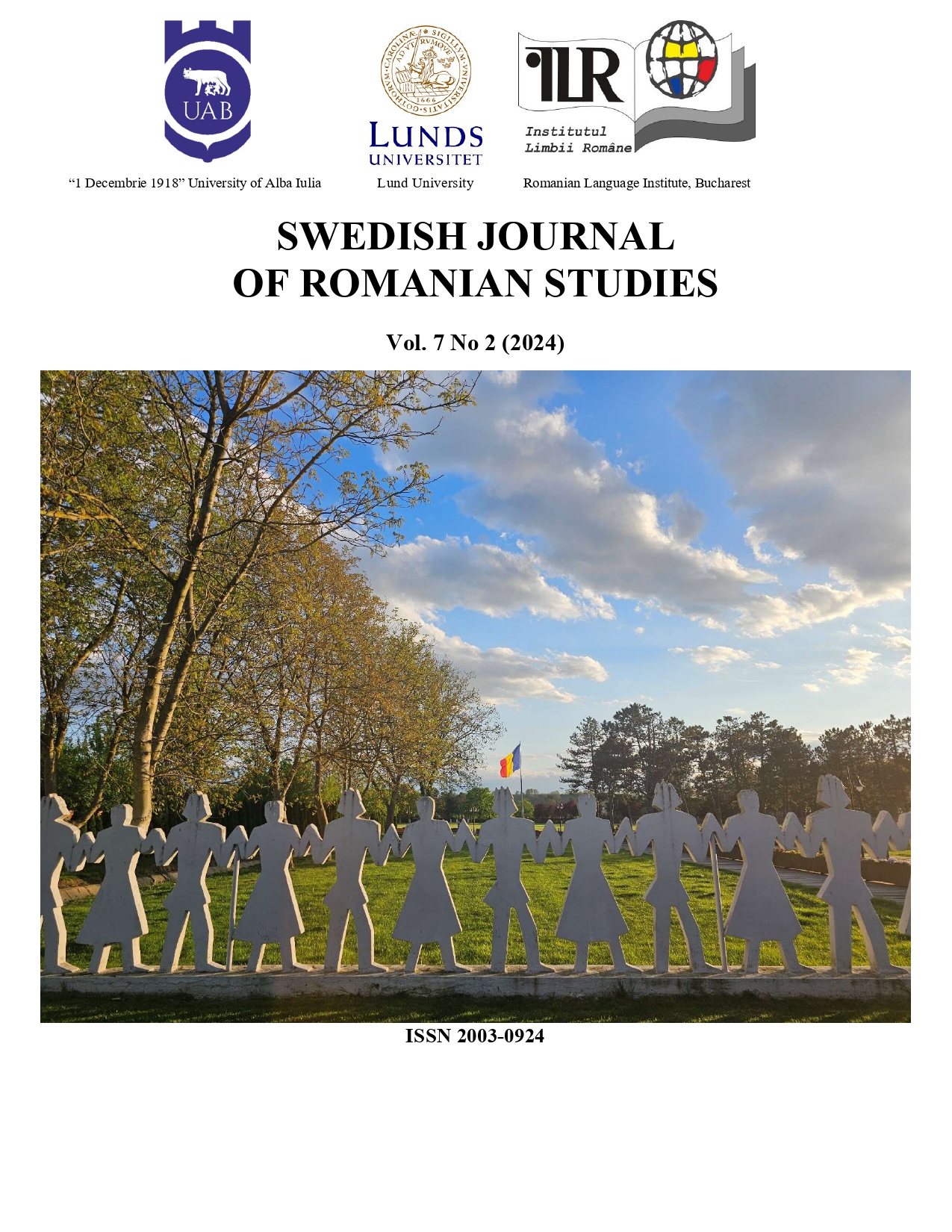For a noble and sentimental literature: N. Steinhardt and the essay as a form of freedom
For a noble and sentimental literature: N. Steinhardt and the essay as a form of freedom
Author(s): Antonio Patraş, Roxana PatrașSubject(s): Romanian Literature
Published by: Språk- och litteraturcentrum, Lunds Universitet
Keywords: essay; liberalism; Judaism; Orthodox; discreteness; sentimental; freedom; prison;
Summary/Abstract: N. Steinhardt, the author of Jurnalul fericirii [The Diary of Happiness], was not only an exquisite intellectual colporteur, but also an erudite essayist of astonishing spontaneity, who gave his intellectual discourse a remarkable cultural breadth, which places him in the same spiritual family as Alexandru Odobescu, Paul Zarifopol, Mihail Ralea, Alexandru Paleologu or Andrei Pleșu. In spite of the diversity of the themes addressed, the essays of the later monk of Rohia preserve a basic unity, revealed in a coherent modus cogitandi and a defensive ethos, intended to protect individual freedom through recourse to modesty and to what Paleologu called common sense as paradox. Reading Steinhardt’s essays is also a powerful antidote to laziness of thought, offering the reader the chance to escape from the narrow horizon of commonplaces. Leaving aside the prison memorial and the texts on religious subjects, which are permeated by the same essayistic vein, we highlighted the fact that Steinhardt understood literary criticism as an ingenious creative activity, polemically anti-positivist, susceptible to new and surprising cultural analogies, incessantly pleading for the rehabilitation of subjectivity, emotion and feeling as essential factors in the process of knowledge, from the perspective of a fundamental humanism drawing from Montaigne’s tradition.
Journal: Swedish Journal of Romanian Studies
- Issue Year: 7/2024
- Issue No: 2
- Page Range: 95-111
- Page Count: 17
- Language: English

